As summer sunlight spills across the campus of PKU Shenzhen, another graduation season has arrived. In the labs, machines keep whirring; in the classrooms, lights still burn late into the evening. But for students like Zhaoxiang Li, the journey at PKU has reached a new turning point—and a new chapter is just beginning.
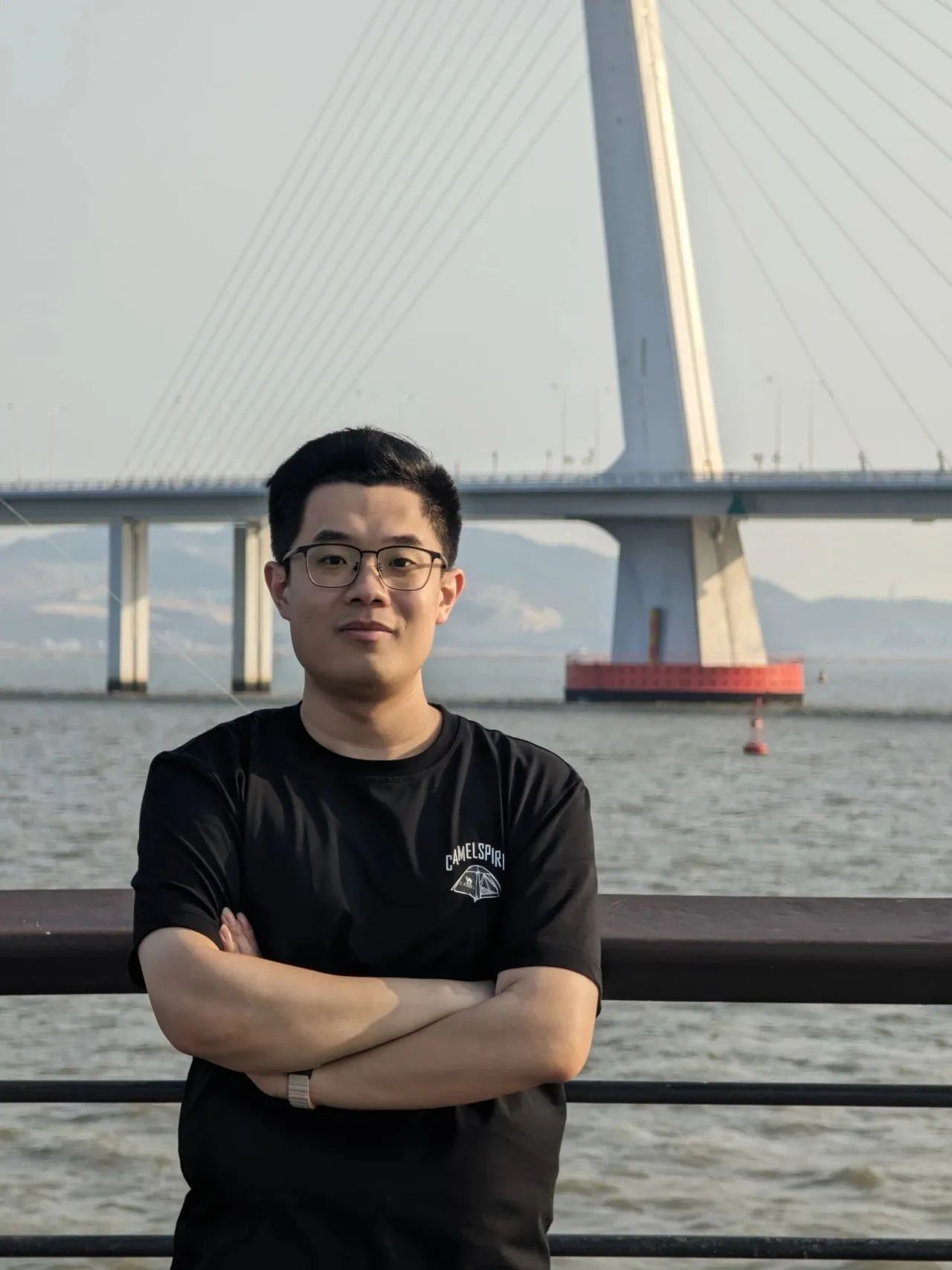
Zhaoxiang Li, a master’s graduate from the School of Urban Planning and Design, is about to take the next leap in his academic journey: pursuing a Ph.D. at the Massachusetts Institute of Technology (MIT) this fall. Recognised as an Outstanding Graduate of Beijing and PKU, Li has built a strong research profile in the field of low-carbon transportation systems and social equity. But beyond the accolades, his story is one of steady dedication, curiosity, and purpose.
Research as a Lifelong Climb
After completing his undergraduate studies at Tongji University, Li joined PKU Shenzhen with a clear focus: exploring the social, economic, and environmental impacts of emerging transportation systems. “High-level research starts with a solid foundation,” he says. Throughout his master's program, he maintained top academic rankings and actively engaged in national-level research projects, including key grants from the National Natural Science Foundation.
His academic output is impressive, with six peer-reviewed papers in top-tier journals like Nature Communications, Transportation Research Part D, and Journal of Transport Geography, and presentations at major international conferences such as CUE2023 Applied Energy Symposium and Forum. He also serves as a reviewer for several leading transportation journals, contributing to the peer-review process that shapes the future of his field.
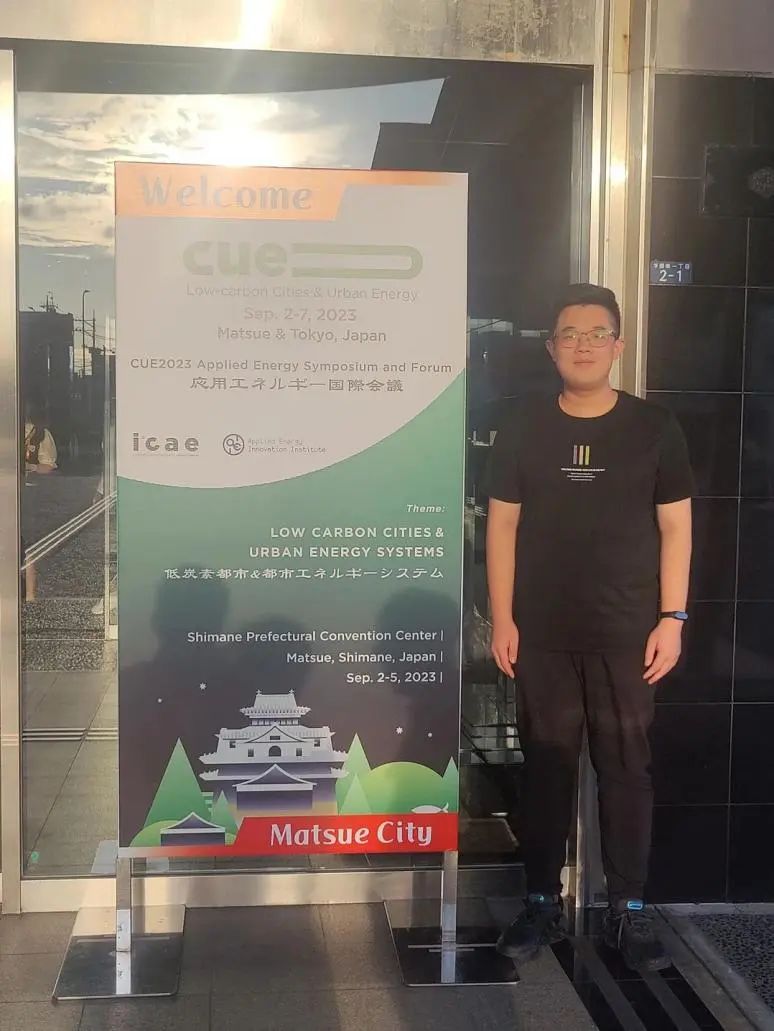
Attending the CUE2023 Applied Energy Symposium and Forum in Japan.
But for Li, research is not an ivory tower pursuit. “Urban and transportation studies must address real-world challenges,” he insists. That’s why he has spent significant time conducting fieldwork in both urban and rural China, from Huizhou and Chaozhou to Qingyuan. He collected nearly 5,000 questionnaires on rural mobility and partnered with NGOs like the International Energy Foundation to deliver data-driven policy suggestions for sustainable rural transport development.
His investigations also extended to cities like Hong Kong and Shantou, where he explored on-the-ground strategies for sustainable urban growth. “These experiences grounded my research and reminded me of its real-world value,” he says. “They gave my academic work heart.”
Preparing for MIT: Vision and Strategy
Applying for a top Ph.D. program like MIT is no small feat, and Li is candid about the challenges. “Time is tight during a master’s program, so clarity and early planning are key,” he notes. He began preparing for the application process by tackling language exams early and methodically, so they wouldn’t clash with intense research periods.
Equally important, he spent time articulating his research interests and finding programs that genuinely aligned with his goals. “It’s not just about rankings or prestige,” Li reflects. “You want a program that will help you grow and support your long-term vision.”
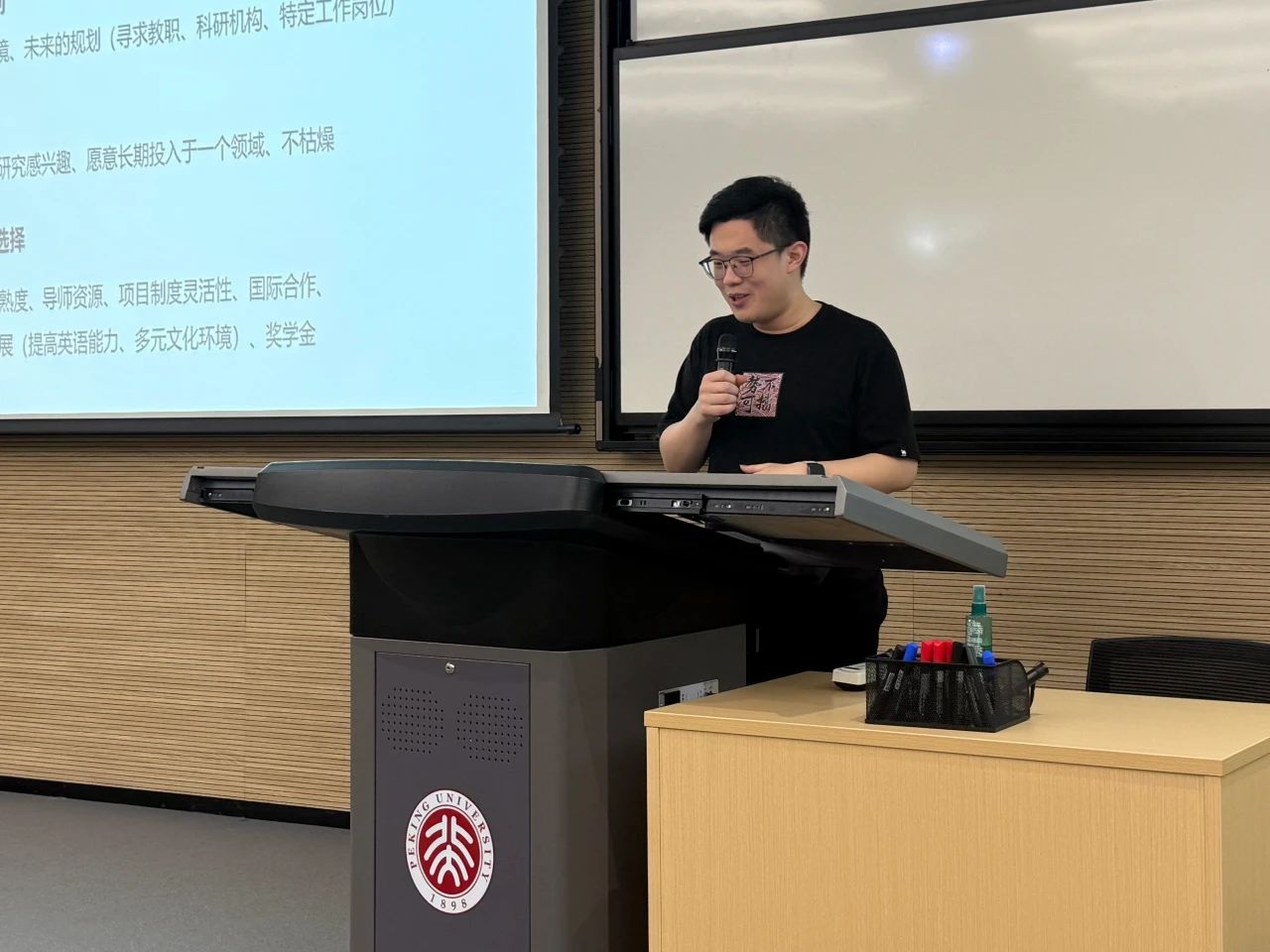
Participated as a guest speaker at the Postgraduate Studies and Career Experience Sharing Session.
After receiving multiple offers, he ultimately chose MIT, not for the name, but for the match in academic focus and mentorship opportunities. He hopes this next phase will deepen his understanding of how emerging transportation systems can reshape cities sustainably and equitably.
Balance and Well-Being: The Marathon Mindset
Despite the pressure of research and applications, Li treats academic life as a long-distance run rather than a sprint. “Sustainability applies to your life as much as your work,” he laughs.
To stay balanced, he carves out time for badminton and gym workouts, even during peak project seasons. Weekend getaways to the mountains or seaside spots around Shenzhen are his way of unwinding. “A short hike, a city walk, or even just sharing a meal with friends—it helps me reset and return to work with more energy and focus.”
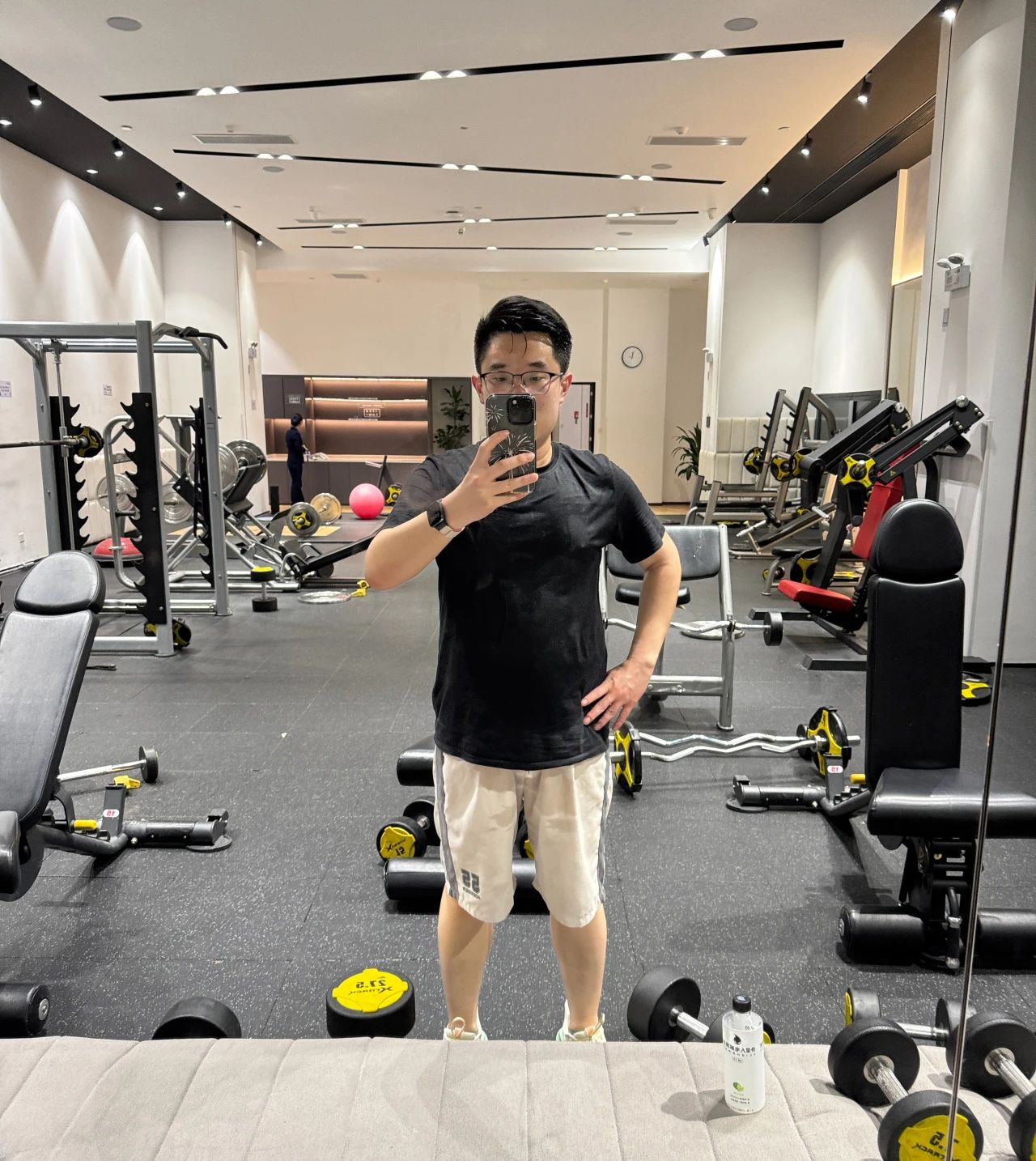
Working out at the PKU Shenzhen gym.
His philosophy is simple: a well-paced life is essential to a meaningful academic journey. “Research and life don’t have to be in conflict. They can enrich each other.”
Looking Ahead: A Scholar’s Sense of Purpose
As he looks to the future, Li remains grounded. He’s driven by a deep belief that academic work should respond to real needs and serve society. While he’s excited about his Ph.D. at MIT, he also envisions returning to China in the long run—to teach, to research, and to contribute to the development of more equitable and sustainable cities.
His time at PKU shaped not just his knowledge but his perspective. “PKU taught me to always ask big questions—and to anchor those questions in reality,” he says. “To grow as a scholar is to constantly align your passion with the world’s needs.”
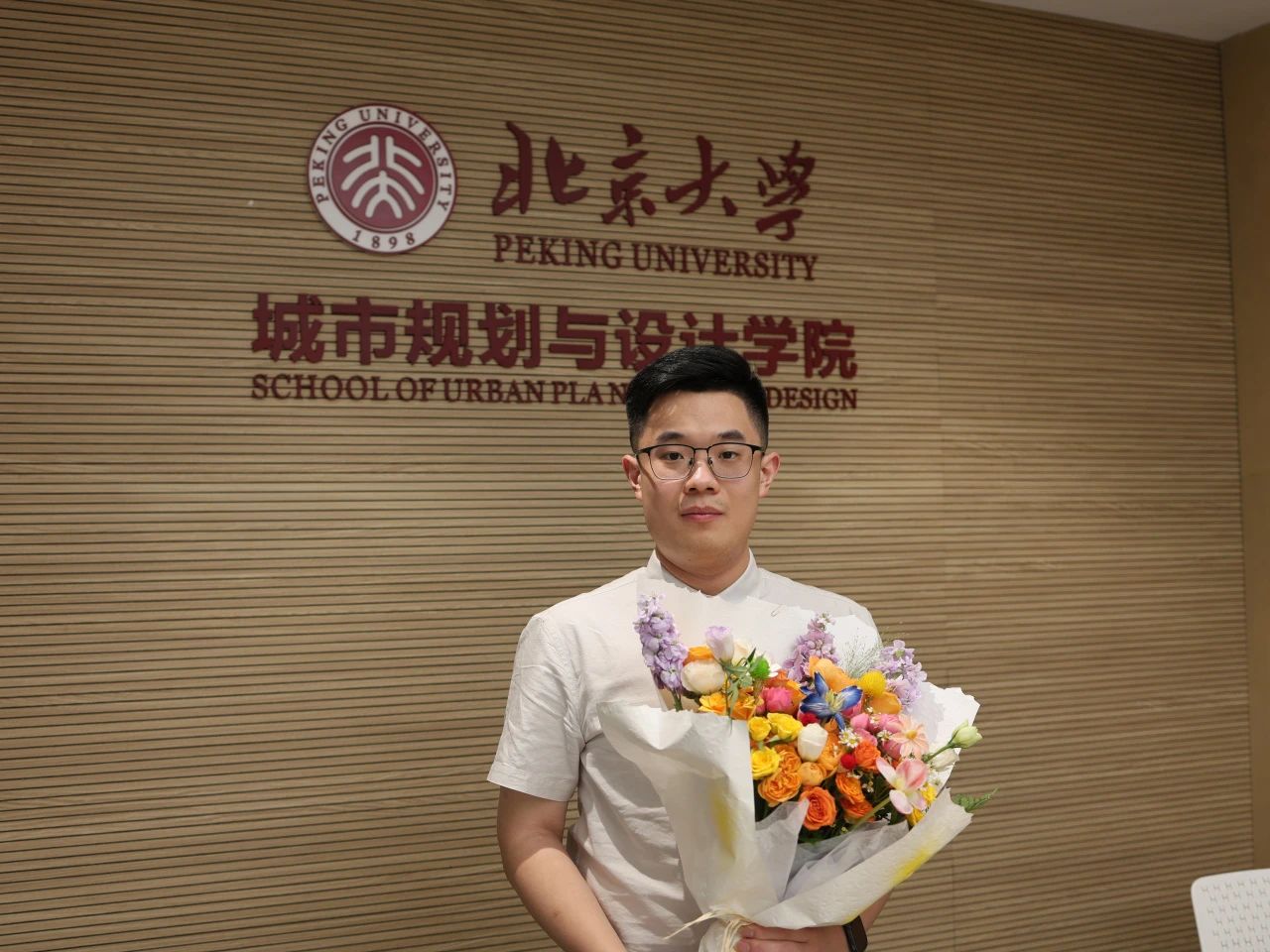
Graduation thesis defence photo.
To fellow students just starting their own journeys, Li offers one final thought: “Chase the light, walk with courage. Stay true to your values, and your path will take shape, even when you can’t see the finish line.”